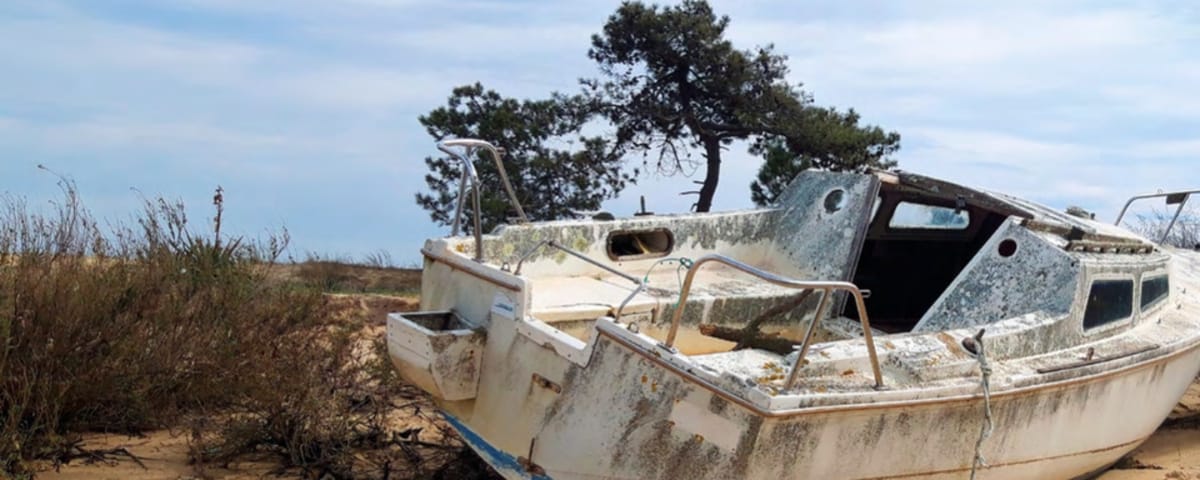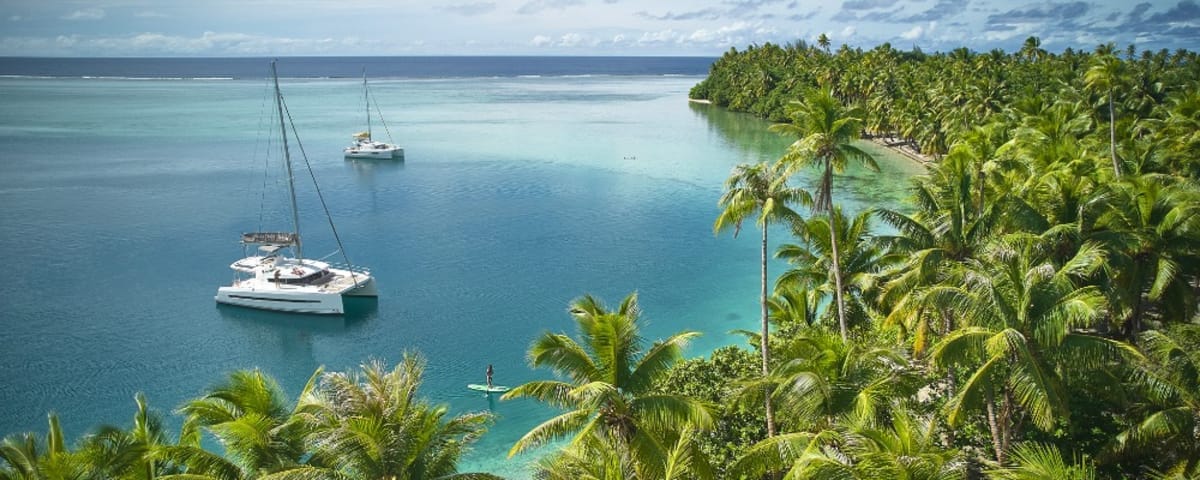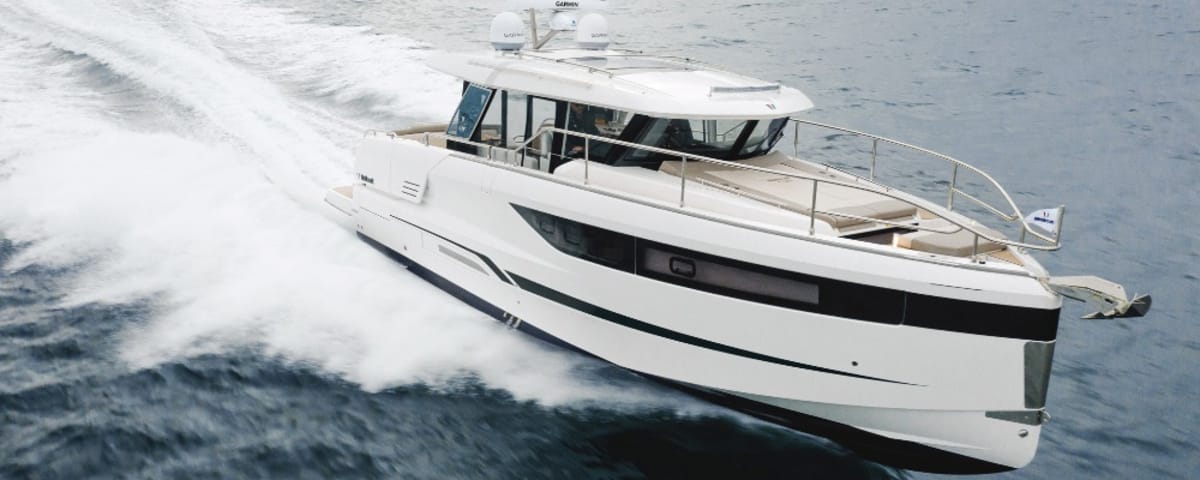France Leads the Way in Sustainable Boat Recycling: A Five-Year Retrospective
For years, end-of-life boats presented a significant environmental challenge, cluttering ports and coastlines. However, France has emerged as a pioneer in addressing this issue, establishing a structured recycling program that is transforming the nautical landscape.
From “Invisible” Problem to National Solution
Before 2019, the disposal of aging boats was largely unaddressed. Ports were overwhelmed with abandoned vessels, and a clear solution was lacking. In 2009, APER (Association for Pleasure Boat Recycling) stepped in, initiating studies and pilot programs. The 2015 Energy Transition Law provided a legal framework through the Extended Producer Responsibility (EPR) principle, making France the first country to implement a structured pleasure boat recycling sector.
Key milestones mark this progress: ministerial approval in March 2019, the first financed deconstruction in August 2019, the 8,000th boat processed in May 2023, and renewed approval until 2029. This journey demonstrates how a proactive vision has evolved into a vital national industry.
Key Achievements (2019-2024)
Over the past five years, the program has achieved remarkable results:
- 13,104 boats deconstructed: The pace has accelerated annually, from 363 units in 2019 to over 3,100 in 2024.
- Port decongestion: Ports are now less cluttered, freeing up space for active vessels.
- Increased waste recovery: 74% of generated waste was recycled in 2024, highlighting the potential of boats as a resource.
These figures underscore a commitment to environmental protection and integrating boating into a circular economy. Individual boat owners account for half of the disposals, indicating growing awareness among private owners. Sailing clubs contribute nearly a quarter of the collected boats. The majority of boats processed are motor monohulls, dinghies, and sailing monohulls, reflecting the aging French fleet from the 1970s and 80s.
The Mechanics of Success: Governance and Eco-Contribution
The program’s foundation lies in the “eco-contribution,” a fee included in the price of new boats to fund the future treatment of end-of-life vessels. This is not a punitive tax but a solidarity agreement between manufacturers, distributors, and boaters. The model is transparent, with every euro tracked from funding the center network to awareness campaigns. This robust governance has established the sector’s credibility.
Real-World Impact: Ports, Clubs, and Islands
The impact is evident at the local level. Abandoned boats often occupy valuable space in ports for years. APER-coordinated operations free up these spaces, yielding tangible results. On Île-d’Yeu, a collaborative effort involving the local government, the regional council, APER, and private operators removed 63 boats in 2024. Without such projects, these wrecks would continue to obstruct harbors and shorelines.
Sailing clubs faced similar challenges with damaged dinghies, aging rigid inflatable boats, and irreparable catamarans. Since 2020, the French Sailing Federation and APER have organized joint collection efforts, processing 2,600 units. These initiatives clear parking areas at nautical centers, making them more welcoming for participants.
Reusing and Innovating: Closing the Loop
Beyond deconstruction, the program aims to give boats and their components a second life. Shipyards like Yuniboat and La Tribu Maritime are exploring reconditioning, renovation, and equipment recovery. The goal is to minimize systematic dismantling and offer boaters more affordable and sustainable options.
Research is also focused on composite materials, commonly used in modern hulls. Previously considered unrecyclable, these materials are now undergoing tests with Composite Recycling, a start-up seeking to separate fiberglass and resin to transform waste into industrial resources.
Looking Ahead: 2024-2029
With its renewed approval, APER is entering a phase of consolidation and expansion. A key priority is addressing boat transportation, a frequent obstacle for owners. The organization also plans to expand its network in French overseas territories, with new centers in Saint-Martin (2025), Mayotte, Réunion, French Guiana, and Saint-Pierre-et-Miquelon. The aim is to ensure that no region is left without a solution.
The sector must also continue to engage “non-contributors,” companies that introduce boats to the market without adhering to APER, and to secure its funding through the TAEMUP tax on maritime equipment. Education is crucial to explain that deconstruction costs must be integrated from the outset.
France as a European Leader
France remains the only country with a structured pleasure boat recycling sector. This leadership has attracted attention from Brussels, but the lack of harmonization hinders the development of a true European market. APER advocates for a European EPR, with common rules and shared standards, to make recycling the norm rather than the exception.
Deconstructing boats is not just about waste; it’s a cultural revolution for boating.
In five years, the sector has proven that a collective, transparent, and effective model can exist. The challenge now is to scale up, simplify processes, invest in innovation, and expand reuse. While obstacles remain, such as costly transportation and complex materials, the collective commitment is strong. By 2029, if the course is maintained, the French boating industry could be the first in the world to close the loop on its circular economy.
Enjoyed this post by Thibault Helle? Subscribe for more insights and updates straight from the source.


